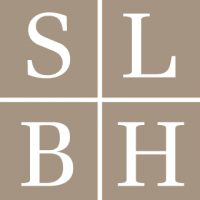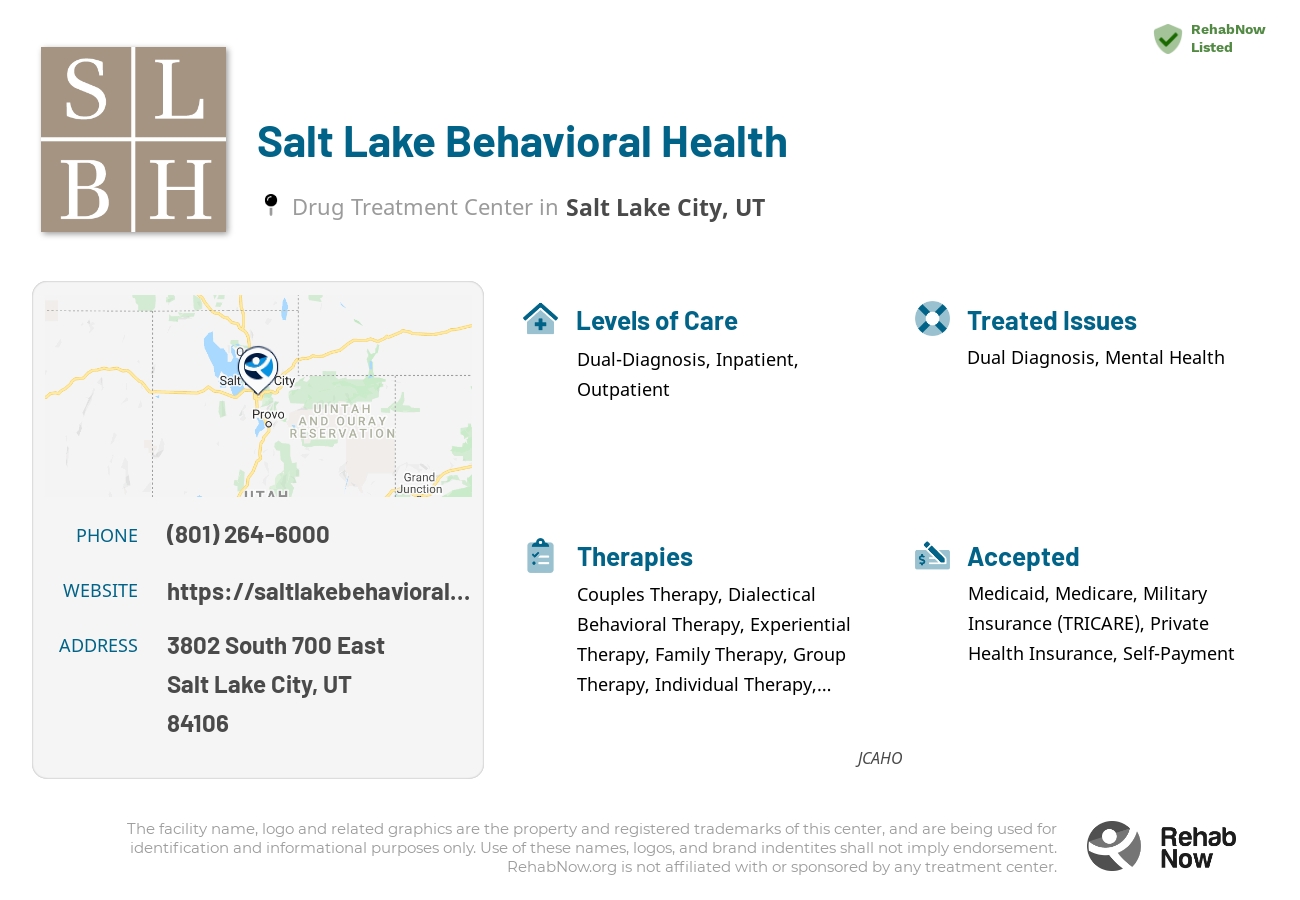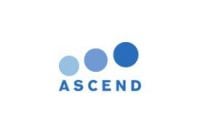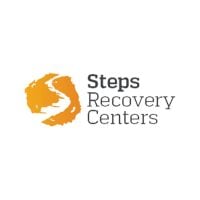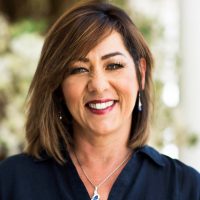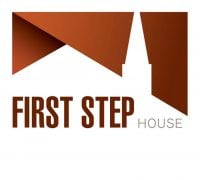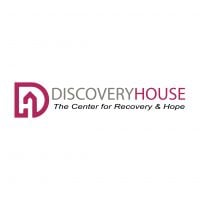Salt Lake Behavioral Health
Drug Rehab Center in Salt Lake City, Utah
Salt Lake Behavioral Health in Utah offers evidence-based, compassionate, and individualized treatment programs for mental health and substance use issues, including a variety of services and specialized treatment for adolescents and young adults, and is accredited by The Joint Commission and licensed by the Utah Department of Human Services.
About Salt Lake Behavioral Health in Utah
Located in South Salt Lake, Utah, Salt Lake Behavioral Health stands out as a premier destination for adults seeking recovery from addiction and co-occurring disorders. This behavioral health hospital is recognized for its comprehensive addiction treatment services, including crisis stabilization and evidence-based recovery programs. With a dedication to transforming lives in a confidential atmosphere, this center tailors its approach to individual needs, ensuring a path towards long-term sobriety.
- Comprehensive Care: Salt Lake Behavioral Health offers a wide array of services for addiction treatment, including medically supervised detox, inpatient and outpatient programs, and specialized therapies tailored to individual needs.
- Specialized Programs: Unique programs like the Strong Hope Program for veterans and co-occurring adult mental health programs highlight the center's commitment to catering to diverse populations.
- Accreditation and Support: The facility prides itself on holding a gold seal accreditation from The Joint Commission and offers 24/7 assessments, accepting most major insurance carriers to alleviate the financial stress of recovery.
Accredited by The Joint Commission and licensed by the state of Utah, Salt Lake Behavioral Health is committed to the highest quality of care. This hospital accepts a broad spectrum of insurance providers making treatment accessible to a wide range of patients. Its environment is designed for both crisis stabilization and the nurturing of long-term recovery from substance abuse and mental health issues.
The center addresses a variety of addictions, including drug and alcohol dependence, alongside co-occurring mental health disorders. Utilizing evidence-based treatments such as individual and group counseling, Salt Lake Behavioral Health offers both inpatient and outpatient care options to meet diverse recovery needs.
Genders
Ages
Modality
Additional
Accreditations

JCAHO
Conditions and Issues Treated
Levels of Care Offered
This center offers a variety of custom treatment tailored to individual recovery. Currently available are Dual-Diagnosis, Inpatient, Outpatient, with additional therapies available as listed below.
Inpatient treatment for alcoholism or drug addiction is an option that provides the addict with a supportive environment in which they can stop using. This type of treatment is appropriate for addicts that are most in need of intensive care and supervision. This includes those who were unable to quit on their own, those who need more structure than they can get in outpatient treatment.
“Outpatient treatment is ideal for those who have a lower intensity addiction. It’s also suitable for those with a supportive environment and those on a tight budget.
Outpatient treatment can be considered the lowest intensity level of addiction treatment. It is ideal for early phase addiction or lower intensity addictions. It may involve weekly sessions instead of daily. Peer group support, 12-step programs, and individual counseling may still be used and anti-addiction medication.
Therapies & Programs
No single treatment works for all addicts; therefore, the goal of treatment and therapy should be to find what works best for each individual. Some people requiring addiction treatment may only need a few weeks of inpatient care. Others will require long-term residential care. Tolerance and withdrawal levels vary from person to person and thus affect the intensity of the treatment needed.
If an individualized approach to treatment and therapy is not offered, addicts may fail to reap benefits from their efforts. Professionals must customize plans according to their patient’s needs, limitations, and strengths. The goal of all forms of addiction treatment should be for addicts to find healthy ways to cope with their addiction and its underlying causes.
Couples therapy for drug addiction is a unique form of therapy that allows family members to work through the emotional issues of their loved one’s addiction together. Family members can support each other while learning how to cope with the addiction and encourage healthy changes.
Accordingly, couples therapy for drug addiction is designed for an addict and their significant other or spouse. The two will work with a therapist to learn how the addiction affects themselves and the relationship and how to break the negative patterns of behavior that may have developed.
Drug addiction can destroy a person’s life, as well as their family and friends. The loss of one’s ability to choose how to live and behave often leads the addict into depression, anger, guilt, and many emotional problems.
The therapies usually include siblings, children, and parents who are involved in their daily lives. These sessions are vital because they address past issues that may have hampered an addict’s or alcoholic’s recovery and provide support at a crucial time!
One of the most critical aspects of family therapy is helping addicts’ loved ones see their situation in a new light. It’s also one of the most challenging things a family can do when a loved one struggles with addiction or alcoholism.
Group therapy is held in a safe, controlled setting where patients can feel comfortable sharing their struggles and gaining perspective through shared conversations. It takes place in a group rather than one on one to prevent feelings of isolation or being unique in their situation while creating an environment for addicts at Salt Lake Behavioral Health to develop fellowship, accountability, and support. Group therapy is an important tool in recovery that prevents cravings that prompt a return to active addiction.
This type of therapy involves the use of a variety of therapeutic techniques to help addicts recover from past traumas that might have triggered their substance abuse. During these sessions, therapists will work with the addict to address painful memories and learn how to cope effectively with stressors as they arise.
During these types of sessions, therapists will typically focus on three main goals:
- Identifying and expressing painful emotions associated with past traumas.
- Reducing the effects of stress on an addict’s life by developing more effective coping mechanisms.
- Developing healthy ways of thinking about stressful situations that can help addicts avoid substance abuse issues in the future.
This type of therapy is typically used in conjunction with other types of addiction treatment services. By identifying and dealing with the root cause of addiction, most addicts can overcome their cravings and prevent relapse once they leave rehab.
Many different types of addiction treatment services exist to help addicts safely get sober, but it’s important for recovering individuals to find a therapist or support group that will help them address the root cause of their addiction.
Dialectical Behavior Therapy is a form of Cognitive Behavioral Therapy that helps patients understand the relationship between their thoughts, feelings, and behaviors. It is beneficial for those whose addictions and behaviors stem from severe mental health issues. It aims to help the patient achieve their goals and identify how they can enhance their lives.
Cognitive-behavioral therapy is a talking-based method that helps people struggling with addiction replace destructive behaviors with healthier ones. CBT also helps them identify the underlying thoughts and beliefs that cause these behaviors in the first place and ways to control those thoughts and feelings. It can be administered as a holistic therapy or as part of combination therapy and—as opposed to turning to drugs and alcohol—helps addicts learn how to respond to negative thoughts instead.
When you leave a healthy lifestyle behind to live as an addict, your body becomes unbalanced. Nutritional deficiencies gradually creep in, and before you know it, you’re facing severe health problems. For people who are trying to kick their drug addiction, nutrition therapy at Salt Lake Behavioral Health is a great tool. It helps restore balance to the body, and for many addicts, it represents the first step on the road to recovery.
Nicotine replacement therapy is a way for people to get the nicotine they are addicted to without having to smoke cigarettes. There are several different types of devices that have been approved for NRT. Studies have shown that all NRTs work better than placebo (fake treatment). NRT helps smokers get nicotine into their system without resorting to smoking and experiencing aggressive withdrawal symptoms. Coupling NRT with counseling and other means of support gives long-term smokers a better chance of removing their unhealthy habit.
Patient Experience
Experiential Therapy at Salt Lake Behavioral Health
Experiential Therapy is used by drug treatment facilities to treat substance abuse. This treatment is clinically proven to help addicts in detoxification by allowing them to release emotions in a safe environment. The treatment process involves addicts painting their feelings and releasing them on a canvas.
One of the most popular forms of experiential therapy is known as LPE – Love, Peace, and Equilibrium. Amy Gumowitz developed this treatment in 1992. By implementing her philosophy of “reality therapy” into the treatment, Gumowitz’s results were outstanding. Once her success was validated by those she had been helping, she decided to open her treatment center. Although Gumowitz passed away in 2007, her contribution to the addiction recovery remains effective, and better yet, it is 100% self-sufficient.
Payment Options Accepted
For specific insurance or payment methods please contact us.
Is your insurance accepted?
Ask an expert, call (888) 674-0062
Additional Details
Specifics, location, and helpful extra information.
Salt Lake City, Utah 84106 Phone Number(801) 264-6000 Meta DetailsUpdated April 15, 2024
Staff Verified
Salt Lake Behavioral Health Patient Reviews
There are no reviews yet. Be the first one to write one.
Salt Lake City, Utah Addiction Information
More than 500 people in Utah die each year from the effects of drug abuse and/or addiction. Substance abuse rates in Utah have seen an upward trend for a variety of drugs. Opioids are involved in almost 70% of all drug-related deaths in the state, annually. In 2014, Utah officials created a Good Samaritan Law to protect drug users who report possible overdoses from being prosecuted themselves.
An estimated 9.1% of Salt Lake City, Utah, residents were current illicit drug users in 2014. In 2015, there were 120 drug overdose deaths in the area, which is a rate of 9.3 deaths per 100,000 persons. The most commonly abused drugs include methamphetamine, heroin, and prescription opioids. There are different rehabs in Salt Lake City to choose from, but it's important to find the one that is best for you.
Treatment in Nearby Cities
- Richfield, UT (132.9 mi.)
- La Verkin, UT (252.4 mi.)
- Springville, UT (38.7 mi.)
- Magna, UT (12.1 mi.)
- Sandy, UT (8.7 mi.)
Centers near Salt Lake Behavioral Health
The facility name, logo and brand are the property and registered trademarks of Salt Lake Behavioral Health, and are being used for identification and informational purposes only. Use of these names, logos and brands shall not imply endorsement. RehabNow.org is not affiliated with or sponsored by Salt Lake Behavioral Health.
